
2 minutes read
How to create a custom filesystem adapter in Laravel
Table of contents
Introduction
Laravel, with the help of Frank de Jonge’s Flysystem PHP package, offers a simple and consistent API to work with various filesystems like local, SFTP, Amazon S3, and more.
It also makes it a breeze to extend and offer new custom filesystems to your app. Let’s see how it works.
Create a custom filesystem adapter in Laravel, step by step
To create a filesystem adapter in Laravel, you will need to do the following:
-
Create a new class that implements the
League\Flysystem\FilesystemAdapterinterface. This class, let sayApp\Filesystem\CustomAdapter, should implement all of the methods defined in the contract, such aswrite(),read(),delete(), and more. -
Once you have implemented all the methods of your custom filesystem adapter, you can register it with Laravel in
app/Providers/AppServiceProvider.php -
Then, add an entry to the disks array in config/filesystems.php.
-
Finally, you can use your custom file system adapter in your Laravel application. Leverage the
StorageFacade for convenience.
OK, let’s see how all this looks like.
Here’s an example of what a custom file system adapter class looks like:
namespace App\Filesystem; use League\Flysystem\Config; use League\Flysystem\FilesystemAdapter; class CustomAdapter implements FilesystemAdapter { public function write(string $path, string $contents, Config $config) : void { // } public function read(string $path) : string { // } public function delete(string $path) : void { // } // There are more methods to implement. }
Next, register your custom file system with Laravel:
namespace App\Providers; use App\Filesystem\CustomAdapter; use Illuminate\Support\Facades\Storage; use Illuminate\Support\ServiceProvider; use Illuminate\Filesystem\FilesystemAdapter; use Illuminate\Contracts\Foundation\Application; class AppServiceProvider extends ServiceProvider { public function boot() : void { Storage::extend('custom', function (Application $app, array $config) { return new FilesystemAdapter( new Filesystem(new CustomAdapter, $config), $adapter, $config ); }); } }
Then, this is how you can register your custom filesystem adapter in the config/filesystems.php configuration file:
'disks' => [ 'custom' => [ 'driver' => App\Filesystem\CustomAdapter::class, ], ],
And finally, you can use your custom filesystem adapter in your Laravel code like this:
use Illuminate\Support\Facades\Storage; Storage::disk('my-custom-driver')->put('lorem.txt', 'Lorem ipsum dolor sit amet.');
Did you like this article? Then, keep learning:
- Fix specific Laravel errors to improve development experience
- Learn how to fix the common 419 Page Expired error in Laravel
- Integrate Alpine.js smoothly with Laravel to enhance frontend interactivity
- Learn to clear Laravel caches effectively to prevent common cache-related issues
- Upgrade guide to Laravel 11 with mentions of middleware customization
- Discover Laravel's filesystem watching and new helper features for storage
- Use Laravel Dropbox Driver for cloud file management, complementing custom filesystem
- Master Laravel's maintenance mode for smoother app updates and downtime
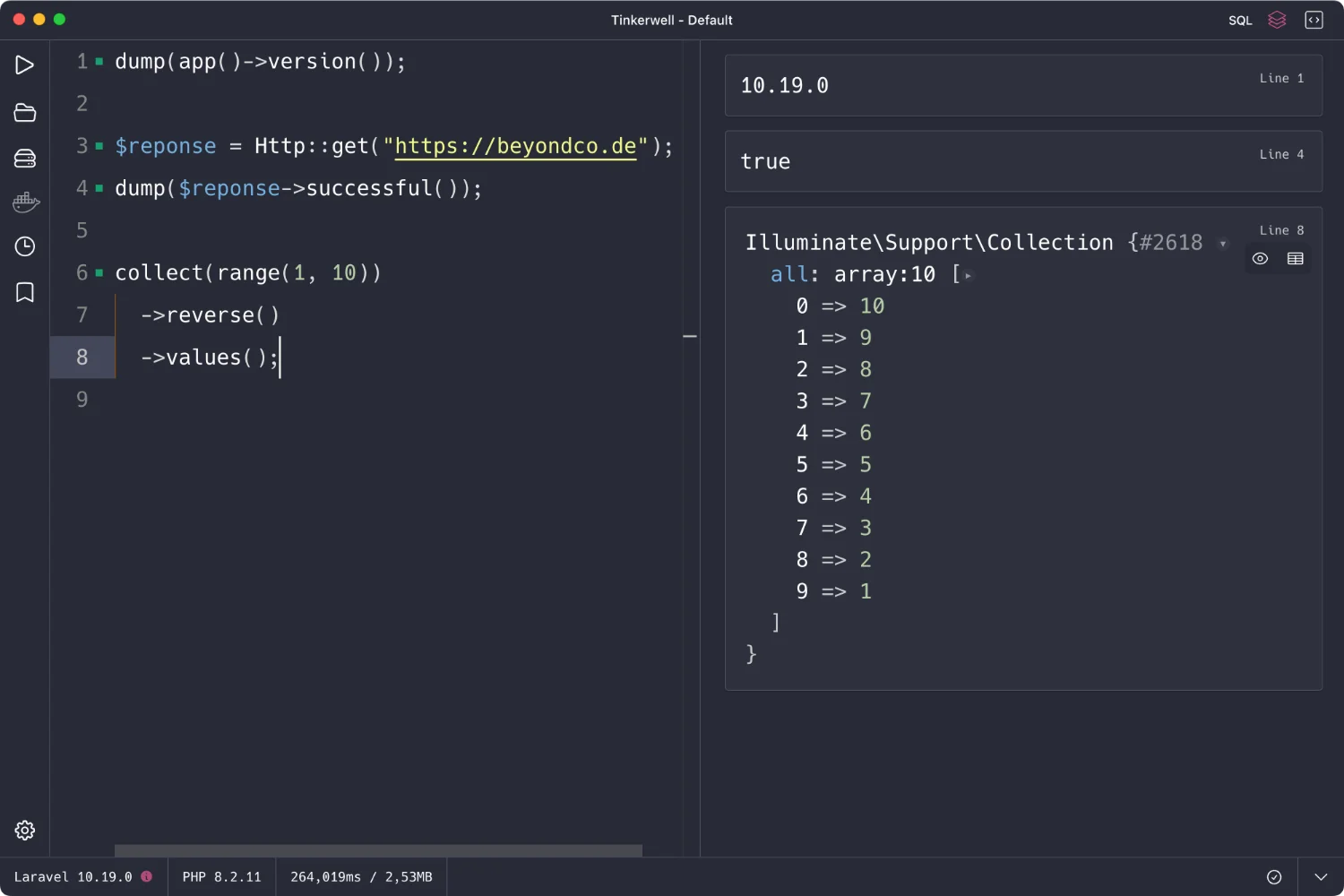
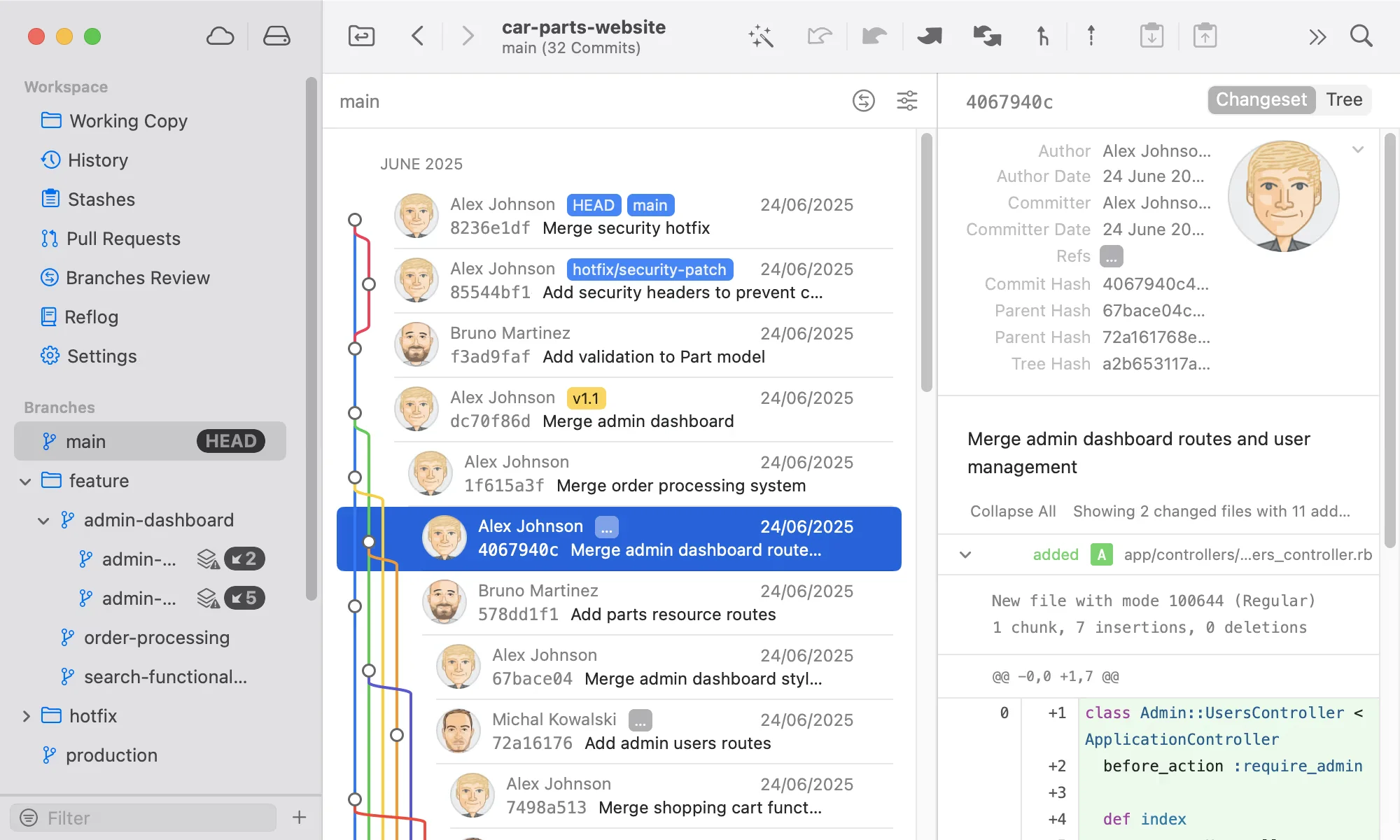
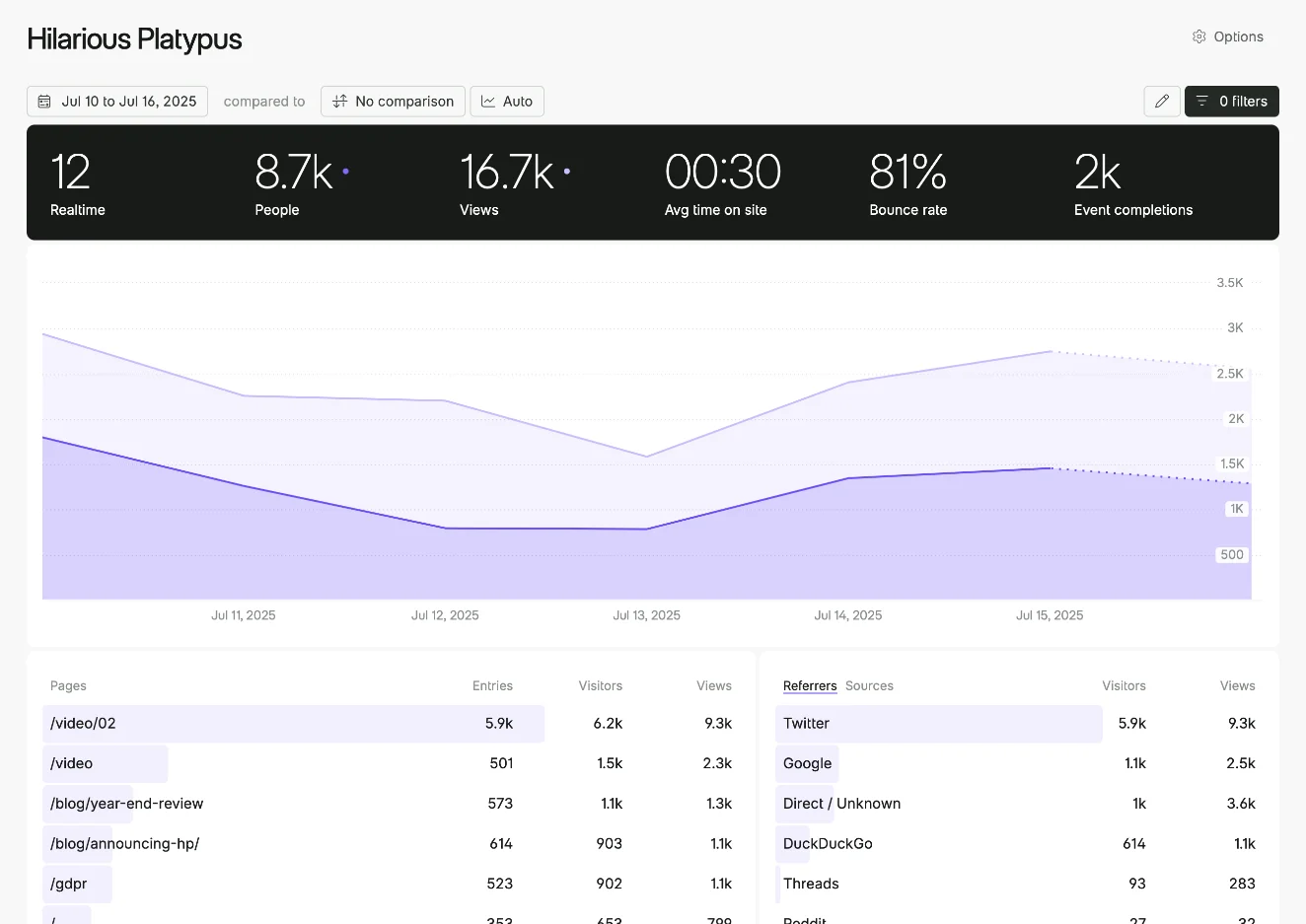
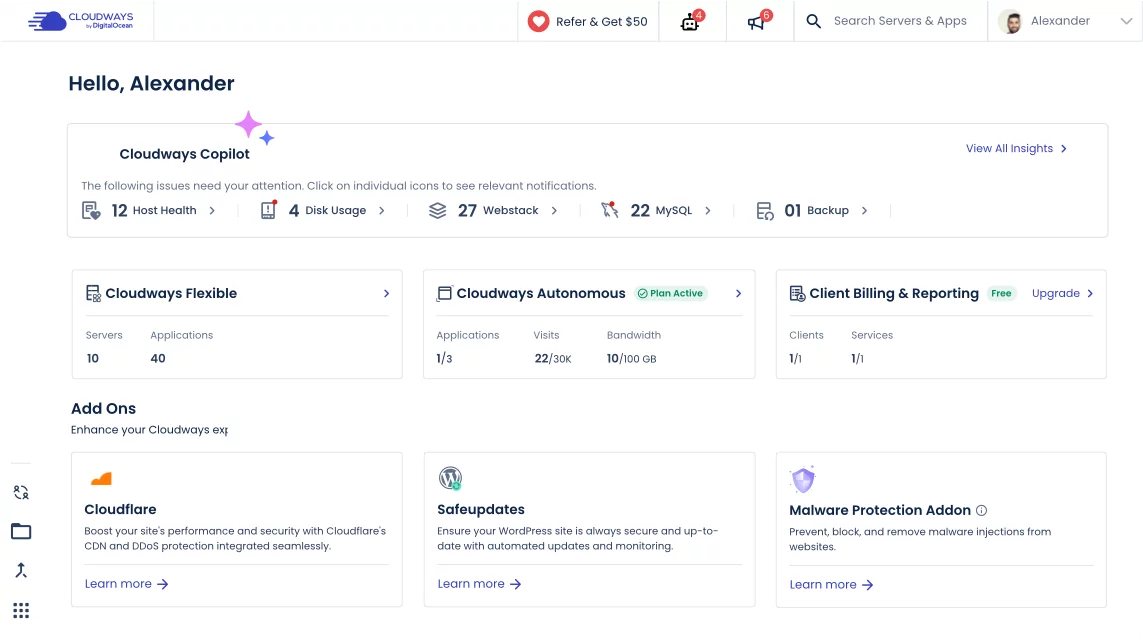

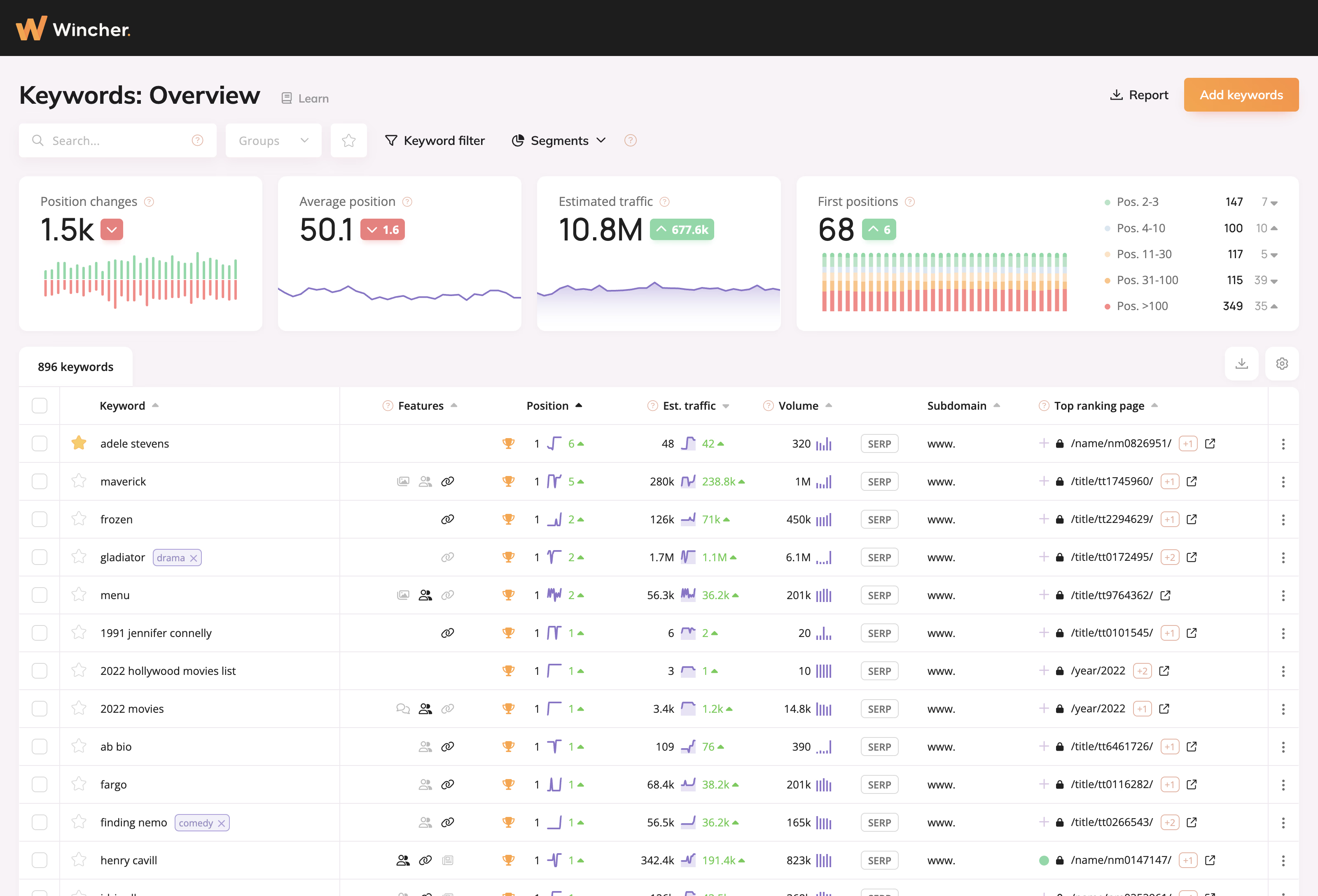
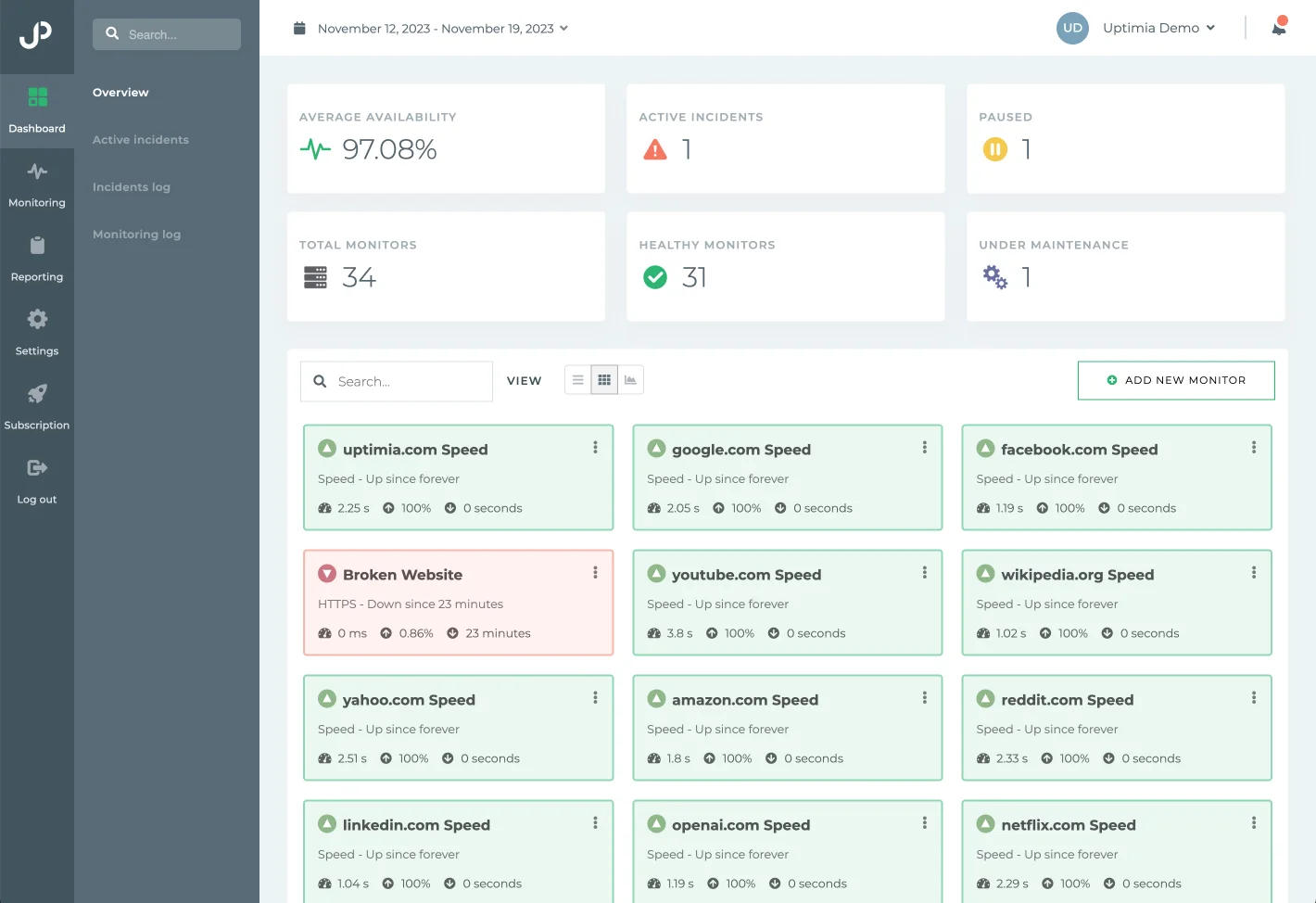
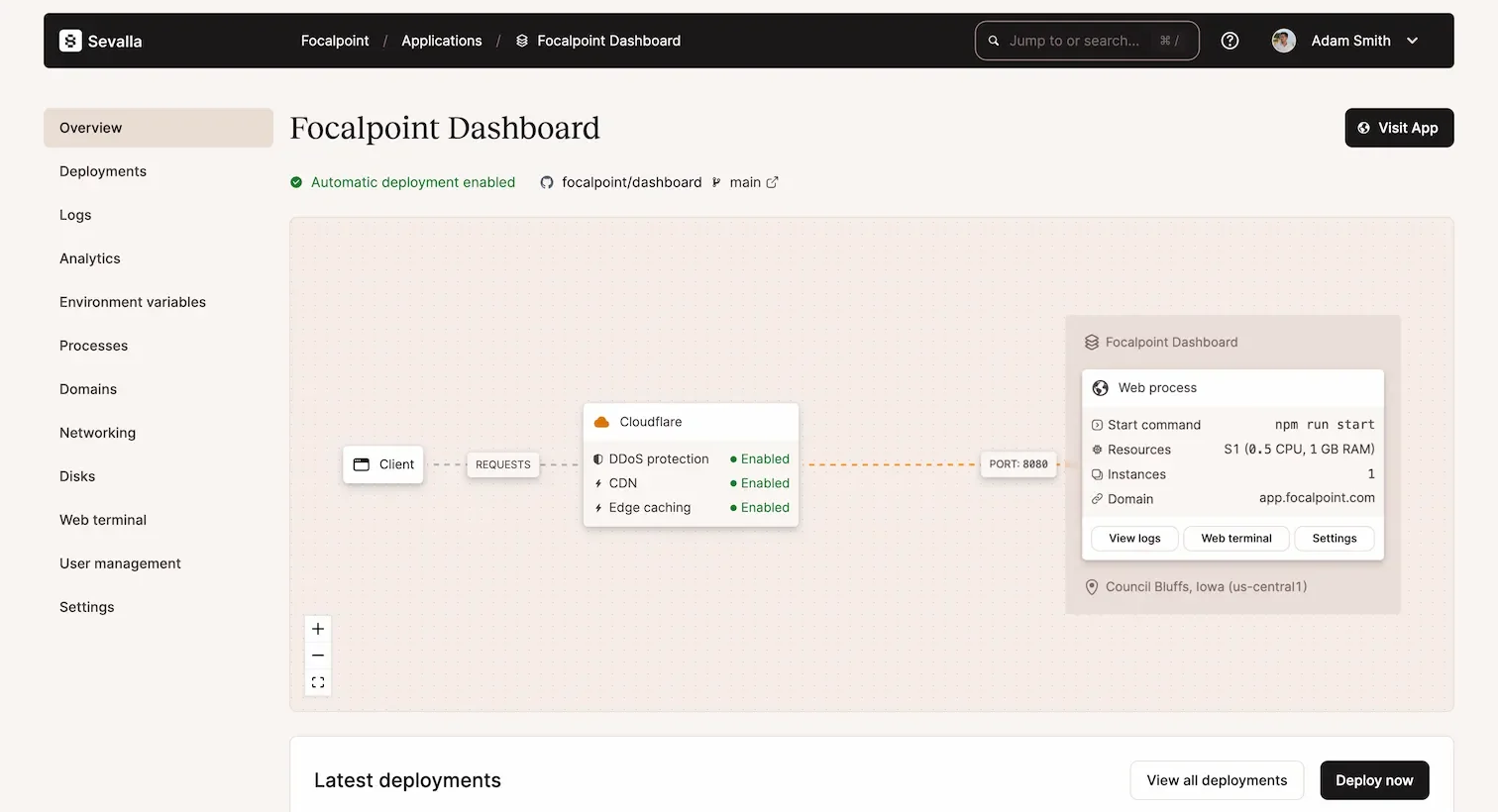
0 comments